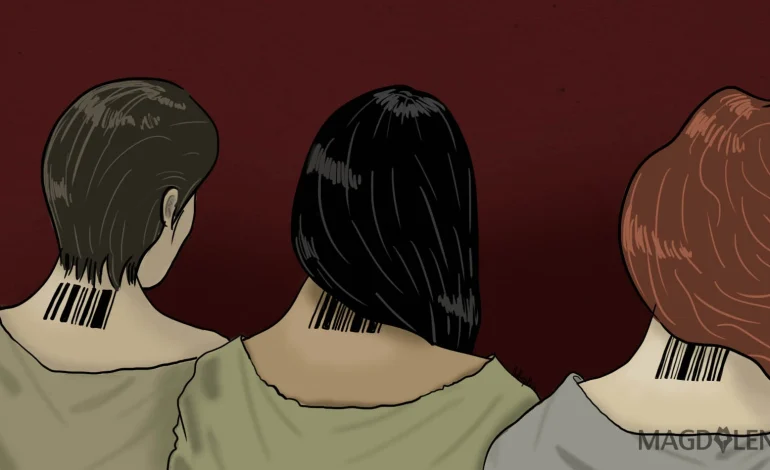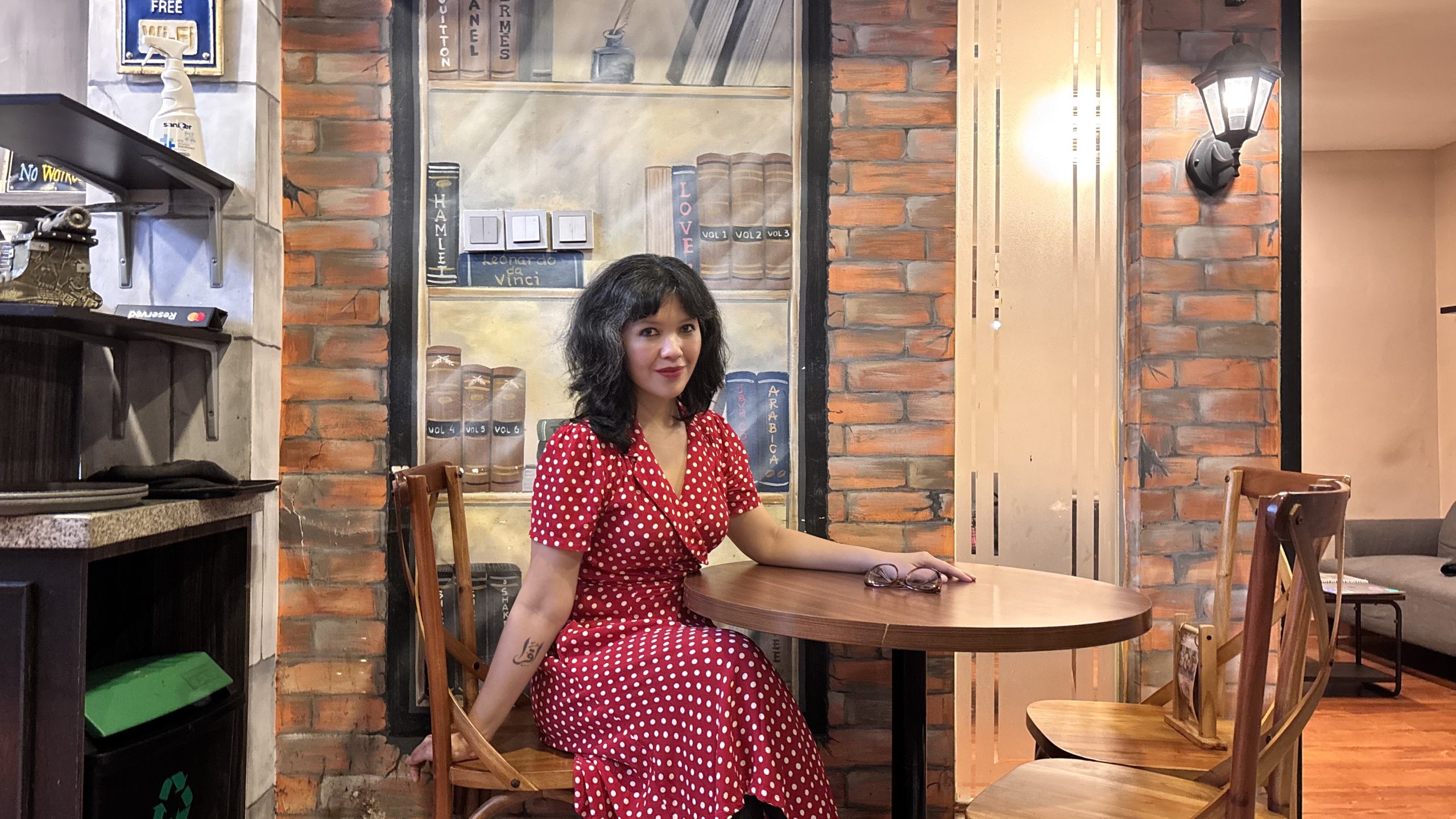Battling Human Trafficking Requires Change in Gender Perspective

Migration is a logical consequence of globalization or internationalization. The negative impact that comes with it is the modern slavery as the result of human trafficking.
Human trafficking is a type of crime in which the perpetrators con the victims or their families to exploit them. It is categorized as “transnational organized crime” under the United Nations Convention Against Transnational Organized Crime 2000, and regulated separately through additional protocol. Both the convention and the protocol has been rectified in Indonesia and written into a law .
Most victims of trafficking crimes are women. Women are seen as objects that can be sold and purchased, as if they have no dignity and conscience. These victims then enter a swirling vortex of sex slavery, forever having to satisfy their masters.
Human trafficking is a big issue in Indonesia, as one of the countries with the highest risk of human trafficking, especially children and women. In its Fact Sheets published in 2010, UNICEF said around 100,000 women and children are sexually exploited in Indonesia and outside Indonesia. Thirty percent of the women sold for prostitution were under 18 years old, and 40,000 to 70,000 children were victims of sexual exploitation. Similarly, according to the United States Department of State in 2015, there are around 6.2 million women in Indonesia who work outside the country, and half of them are victims of human trafficking.
In Kepulauan Riau (Kepri) province, every week around 50 to 100 people are brought over by ship from Jakarta to the border areas such as Tanjung Pinang, Batam, and Bintan. Most have been offered jobs in massage services. Recently the trafficking victims are also brought to Malaysia from here.

Human trafficking is nothing new in Indonesia. It has been done from the age of ancient kingdoms and the the colonial era. Women were at the bottom of the social hierarchy. A deeply rooted patriarchal culture justified traditions like selling or sacrificing daughters to the king to express families’ respect and loyalty.
During the Dutch colonial era, local women were exploited sexually by the European bourgeoisie. A European man commonly asked daughters of their staff or servants to be their wives or mistresses. These mistresses of European men, often called “Nyai”, may have a slightly higher social status among her people.
Under the Japanese rule, local women were forced to become prostitutes. It didn’t stop there, they were brought to Singapore, Hongkong and Malaysia to serve the sexual appetite of Japanese high-ranking generals. These victims of sexual slavery during the Japanese colonial time were known as Jugun lanfu, and they endured the most inhumane treatment during that period.
Human trafficking is a problem in all countries, including Indonesia. It seems almost like a losing battle, with efforts so far only managing to minimize the yearly increase. The government plays an important role in stopping this crime. However, it’s not enough to expect the government alone to fix the problem.
At the core of the problem is society’s perception of woman as second-class citizen, which has to change soon. The perspective that sees woman as object must be shifted to woman as subject. Women are not property; they are human beings who have rights to decide on their own path.
Conservatism in a society is not entirely wrong. It’s understandable that not everyone is expected to show kindness and has open mind to accept equality between man and woman. Perhaps many years from now the Indonesian people will finally say “yes” to gender equality, thanks to the continuous struggle of courageous women.
Raising awareness on this issue is a battle over human mind that has for over 200 years been implanted with the belief that a woman’s place is in the kitchen. It’s a battle against the belief that women are fated to accompany men and to be led by them.
The question is will you join this battle?






















